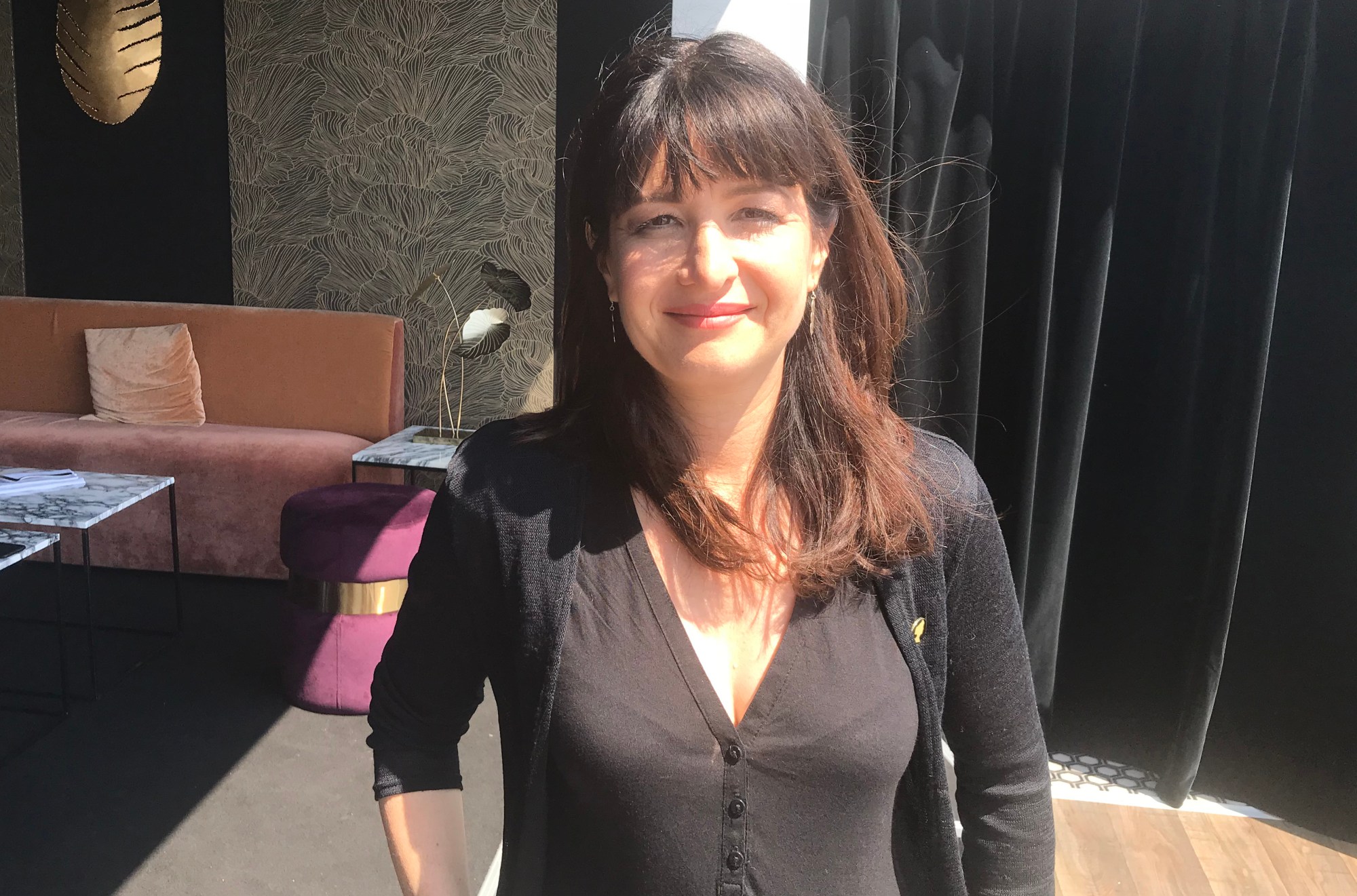
- Industry
Pamela B. Green – A Natural to Document the First Woman Studio Head
“I’m a pusher,” says Pamela B. Green, director of the documentary: Be Natural: The Untold Story of Alice Guy-Blaché, the first director-male or female – to introduce the concept of fictional storytelling to moving pictures, and who went on to become the first woman studio head. Guy-Blaché’s contribution, until now, has been treated as a footnote in cinema history.
Green postulates that psychologically women may not push against the word ‘no’ and the false restrictions placed on their abilities because of what they are told they can and can’t do. “It starts early, as a kid in school, when you are told you can’t do things, like you can’t jump as high.” she shrugs. “I’ve traveled and been put in a lot of new situations, faced new obstacles. You have to adapt and continue to move forward. My grandmother is a very determined person. I wanted to change history. History is told by the people who write it, those voices are usually men, so women are not represented in a lot of what we learn about in school. I was angry that whatever I was reading wasn’t correct.”
She’s referring to the fact that Alice Guy-Blaché was instrumental in the development of film as we know it. The Frenchwoman not only scripted, edited, shot, directed, financed and distributed film, but also introduced key techniques that are still emulated today. While male filmmakers are documented and given credit, her contributions were not only not acknowledged but often attributed to others. The documentary highlights that her husband -, who she tutored in the art and functionality of film, who she brought on, in her studio, and who helped bankrupt it- receives more accolades and takes up more space in film history than Guy-Blaché. While film historians have invested huge amounts into the restoration of early film, her films, which are often the root of what came later, have been left to disintegrate. While the majors were developing on the East Coast, Alice Guy-Blaché – who had moved to the States and built a studio of her own in New Jersey, while being a mother and wife – was a contender with the names that have become synonymous with film. Yet few had ever heard of her.
“You can’t believe everything you read,” notes Green, her eyes drifting over the Croisette below us at the Cannes Film Festival. You have to be curious to know if there’s more, and you have to self-promote.” What of the idea that women are told to be nice and quiet and not self-promote. “I’m saying do it. We make fun of the whole Hillary-Clinton-Nasty-Woman comment. (She’s referring to Trump’s comments on Hillary Clinton during the presidential elections). “Yeah, nasty, but at least we are getting the work done; we are doing it. It doesn’t matter how you are perceived, it matters what you are doing. It doesn’t matter what people think, it’s just noise, move it aside, move forward and just keep going. Do you want to understand? Learn and educate yourself.”
Green has produced, directed commercials and was nominated for an Emmy for her work on a documentary on Benazir Bhutto, but had never directed long form. She began asking people if they’d heard of Alice Guy-Blaché – most had not. One of those people was Robert Redford who was motivated to do something about the hole in history and came onto Be Natural as a producer. Jodi Foster’s ire at the omission led her to voice the documentary. An unexpected contributor was Hugh Hefner. “Hugh couldn’t believe he’d never heard of her because he is a cinephile. People don’t know about the private part of Hugh’s life. He’s restored a lot of films and helped women make documentaries and done funding for women’s stories. The money came out of his wallet for this.” She also crowd-sourced and used donations and grants.
“I want to do things and keep moving and telling Alice’s story. It was important to get this made because she was lost (to the annals of history) and I felt I had to do something about it and that I had the tools to do it. What I didn’t know, I was going to figure out. When I was putting together the research to get funding I had men that surrounded me telling me how to do it and going, ‘You don’t know what you’re doing. You don’t know about anything. What do you know about designing etc.?’ I’ve had that happen my whole life because I’ve always done new things. It was really frustrating, and instead of getting into it, I just did it. It was hard. I don’t know if I hadn’t had all these women cheering me if I’d have been able to do it. And of course, Alice as an inspiration.’

